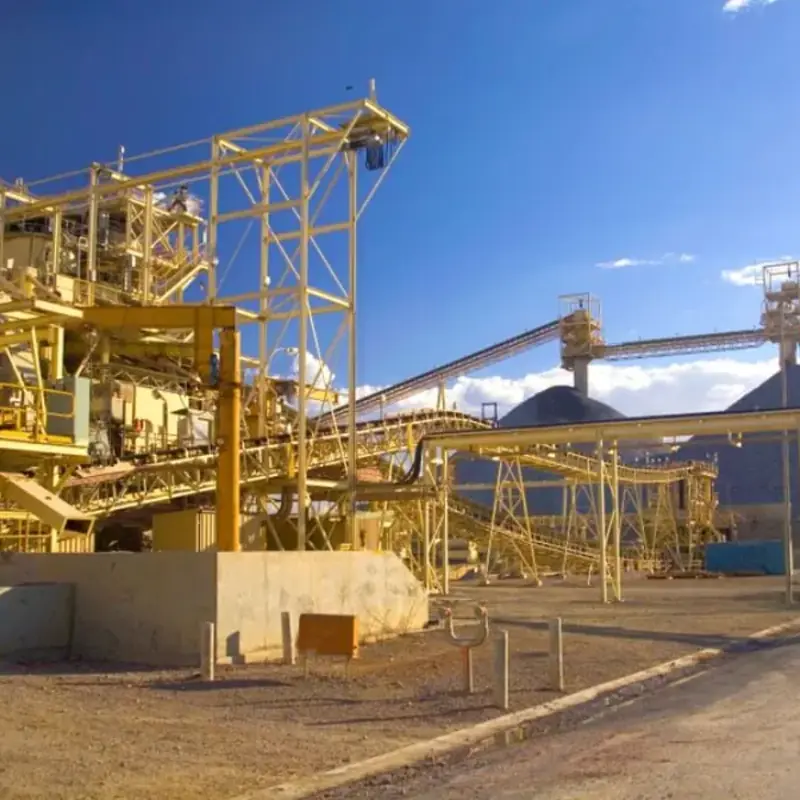
The arduous process of extracting valuable minerals from the earth and transforming them into usable materials presents a unique set of challenges for fluid control. This industry grapples with highly abrasive slurries laden with rock and ore particles, corrosive chemicals used in leaching and refining, and the management of vast quantities of process water. Valves operating in this demanding sector must be exceptionally robust, wear-resistant, and capable of handling these harsh conditions to ensure efficient extraction, processing, and the safe containment of aggressive media. Downtime due to valve failure can lead to significant production losses, making durability and reliability paramount. The demanding environment of mining and mineral processing necessitates valve solutions built to withstand extreme wear and chemical attack. For isolating and controlling the flow of abrasive slurries, ball valves with hardened materials and specialized seat designs are often employed. Butterfly valves, offering a more economical solution for managing large volumes of water and less concentrated slurries, are also utilized in various stages. Where positive shut-off is required in abrasive environments, robust gate valves are selected, often with features to minimize wear from solid particles. To prevent the backflow of slurries and process water, check valves with durable internal components are essential for maintaining efficient flow and protecting upstream equipment. In leaching and refining processes involving corrosive acids and alkaline solutions, plastic valves made from chemically resistant polymers provide a reliable solution. Finally, to protect critical valves, pumps, and other processing equipment from damage and clogging caused by the high concentration of solids in the process streams, heavy-duty strainers are strategically installed to remove large particulates. Safety valves are important on pressurized vessels and lines to prevent overpressure in processing.